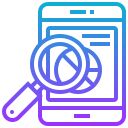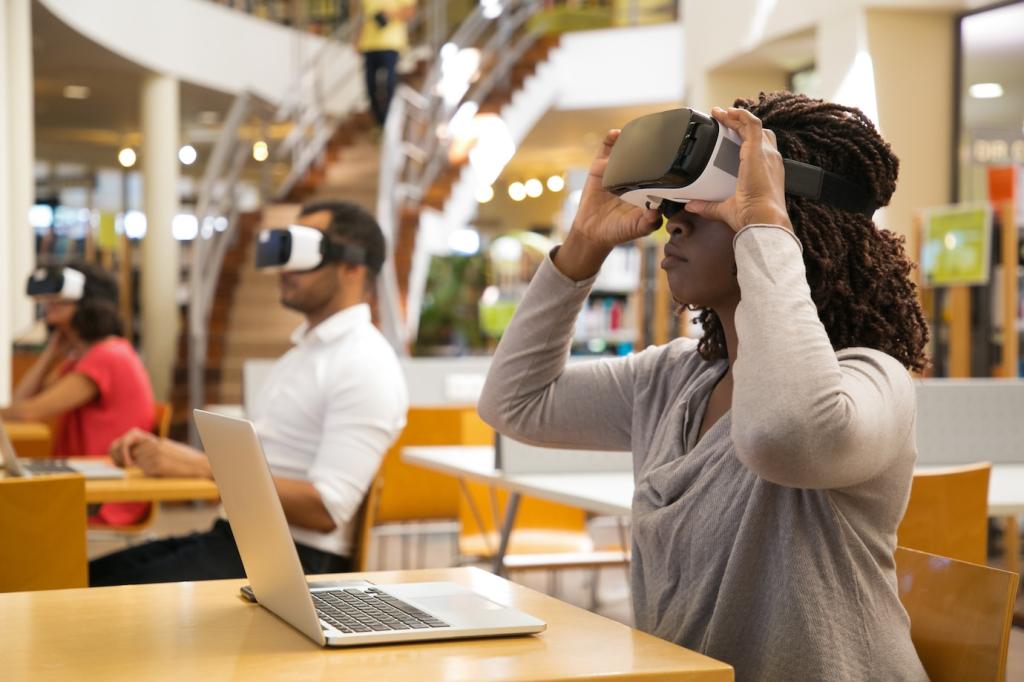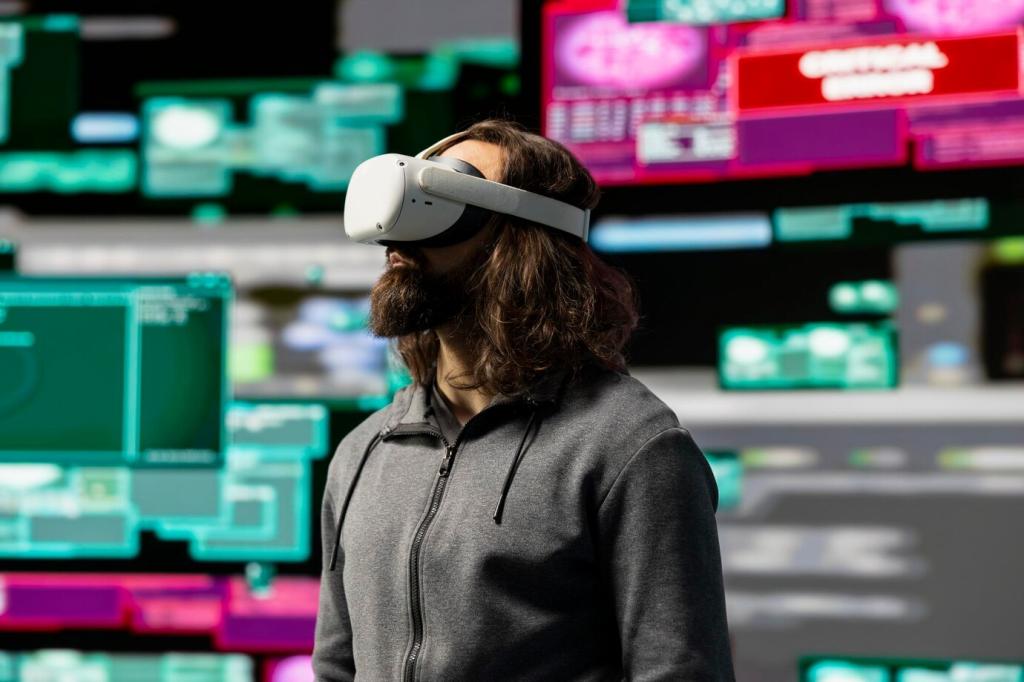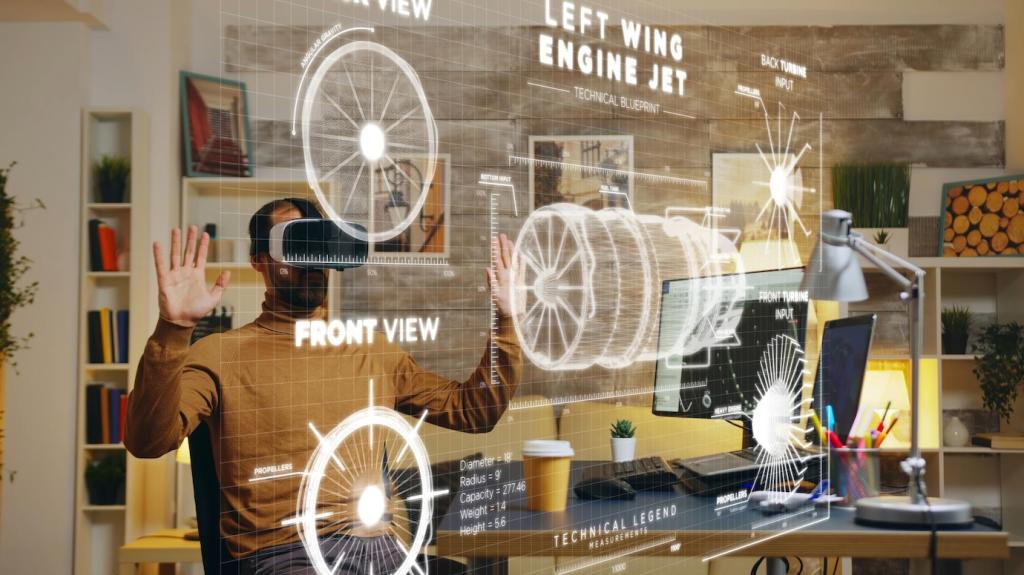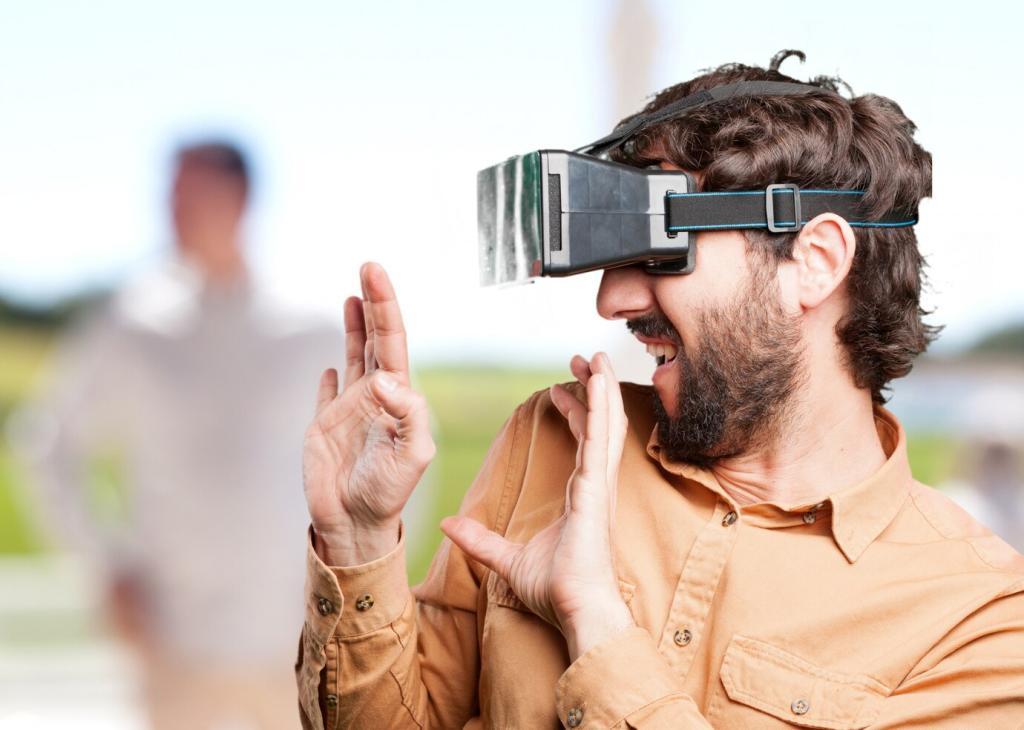Case Files: Breakthroughs Sparked by a Well-Placed Entry
Reading an encyclopedic overview of a minor treaty, a historian noticed a footnote pointing to a neglected archive. That single reference revealed correspondence that reframed a regional conflict’s origins and led to a prize-winning article.
Case Files: Breakthroughs Sparked by a Well-Placed Entry
A succinct entry on signal transduction linked to a pathway database and a recent preprint. Within days, a lab tested a related inhibitor, pivoted an experiment, and rescued a project that had been drifting for months.
